Feline Immunodeficiency Virus (FIV) and Feline Leukemia Virus (FeLV) are two serious infectious diseases that threaten cat health. They not only weaken the immune system, leading to secondary infections and cancer, but may also shorten a cat's lifespan. Early screening is a crucial measure to prevent disease progression and extend a cat's life.
1. Transmission and Infection Mechanisms of FIV and FeLV
FIV (Feline Immunodeficiency Virus)
-
Primarily transmitted through bite wounds (common in stray cats or fighting male cats).
-
Mother-to-kitten transmission via placenta or milk (vertical transmission).
-
The virus attacks the immune system, similar to HIV in humans, but cannot infect humans.
FeLV (Feline Leukemia Virus)
-
Spread through saliva, blood, urine, milk, and other bodily fluids (e.g., shared bowls, mutual grooming).
-
High risk of mother-to-kitten transmission, with kittens being particularly susceptible.
-
The virus can cause immunosuppression, anemia, and lymphoma, with a high fatality rate.
2. Why Is Early Screening Critical?
(1) Long Asymptomatic Latency Period with Ongoing Damage
-
FIV and FeLV infections may show no symptoms for months or even years, but the virus continues to damage the immune system.
-
FeLV: About 30% of infected cats can clear the virus, but the remaining 70% may develop persistent infections, which are ultimately fatal.
-
FIV: Gradually weakens immunity, leading to chronic stomatitis, respiratory infections, and tumors.
(2) Early Intervention Improves Prognosis
-
FeLV-positive cats: Nutritional support, antiviral drugs (e.g., interferon), and regular monitoring can slow disease progression.
-
FIV-positive cats: Avoiding fights with other cats, reducing stress, and regular check-ups can maintain health for longer.
-
Isolation and population management: Multi-cat households or breeding catteries must screen to prevent virus spread.
(3) Preventing Transmission to Other Cats
-
Infected cats can still transmit the virus even without symptoms, especially FeLV (highly contagious).
-
Newly adopted cats, multi-cat households, and breeding catteries should undergo regular testing to prevent group infections.
3. Long-Term Health Effects: How FIV and FeLV Threaten a Cat's Life
Long-Term Effects of FIV
-
Immunosuppression: Increased susceptibility to bacterial, fungal, or parasitic infections.
-
Chronic stomatitis/gingivitis: Painful, difficulty eating, requiring long-term treatment.
-
Neurological disorders: Some cats may exhibit behavioral changes or dementia.
-
Increased cancer risk: Such as lymphoma.
Long-Term Effects of FeLV
-
Anemia: The virus destroys bone marrow function, leading to severe anemia.
-
Lymphoma and leukemia: FeLV is one of the most common causes of cancer in cats.
-
Immunodeficiency: Similar to FIV but progresses faster, with an average survival time of only 2–3 years (persistent infection).
4. Testing and Prevention Strategies
(1) When to Test?
-
When bringing a new cat home (especially strays or cats of unknown origin).
-
Multi-cat environments (catteries, shelters) should conduct regular screenings.
-
When unexplained weight loss, recurrent infections, or anemia occur.
(2) Testing Methods
-
Rapid test kits (FIV Ab/FeLV Ag): Results in 10–15 minutes, suitable for initial screening.
-
PCR testing: More accurate, detects viral DNA/RNA.
-
Repeat testing: FeLV may yield false negatives in early infection; retesting after 30 days is recommended.
(3) Preventive Measures
-
Vaccination: FeLV vaccines are effective (recommended for high-risk cats), but FIV vaccines have limited efficacy.
-
Indoor living: Reduces exposure to infection sources (stray cats, fights).
-
Regular check-ups: Especially for FIV/FeLV-positive cats, every 6 months.
Conclusion
FIV and FeLV are "silent killers" of feline health. Early screening significantly improves the quality of life for infected cats and prevents virus transmission. Even if a cat appears healthy, testing is a responsible choice. Through scientific testing, management, and prevention, we can help cats live longer, healthier lives.
Has your cat been tested for FIV/FeLV? Share your experiences or questions—let's discuss!

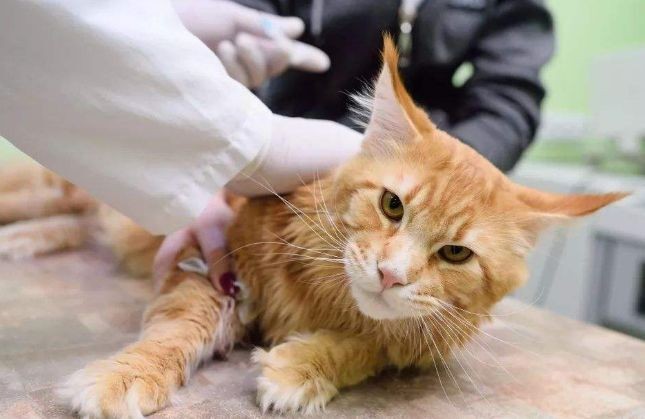


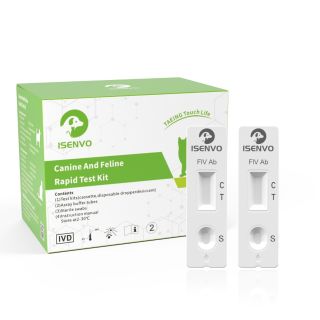

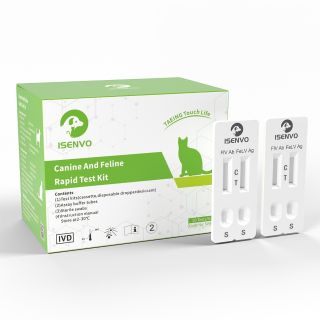



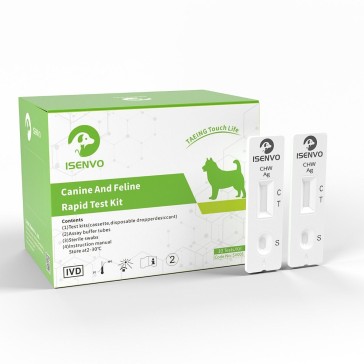
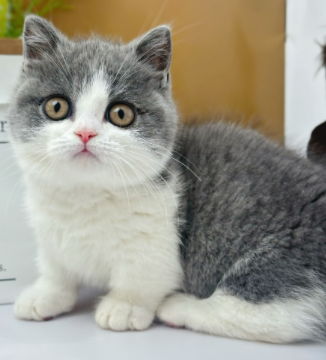
Validate your login